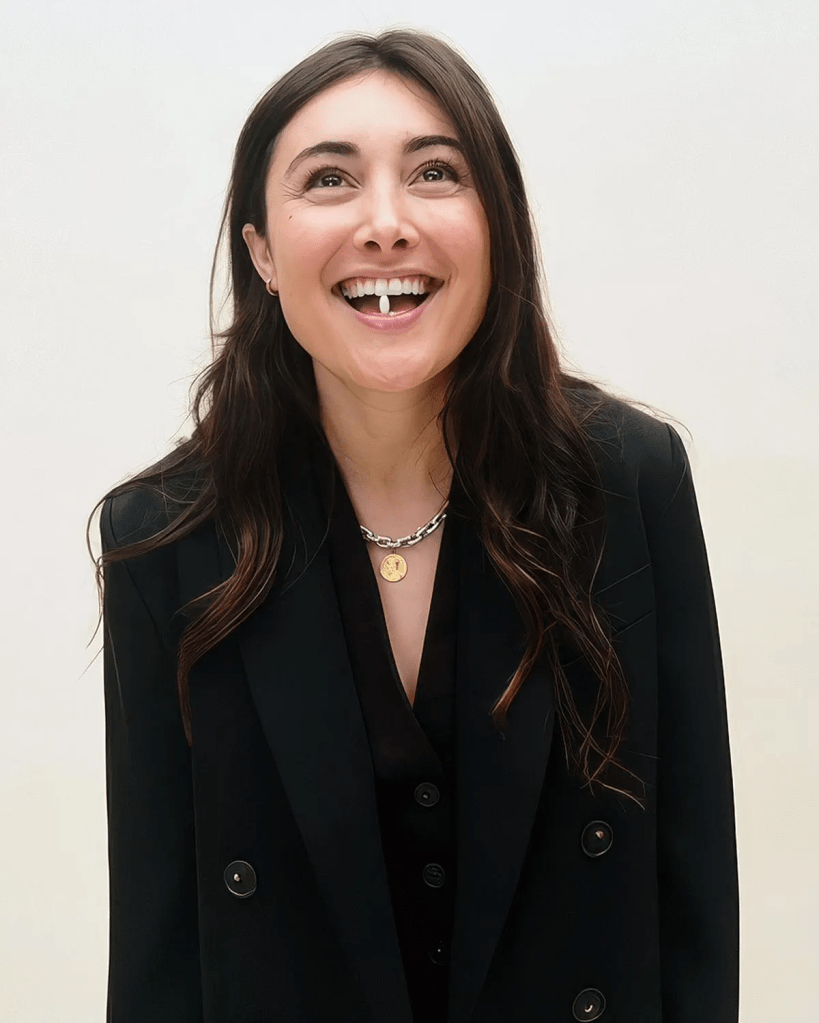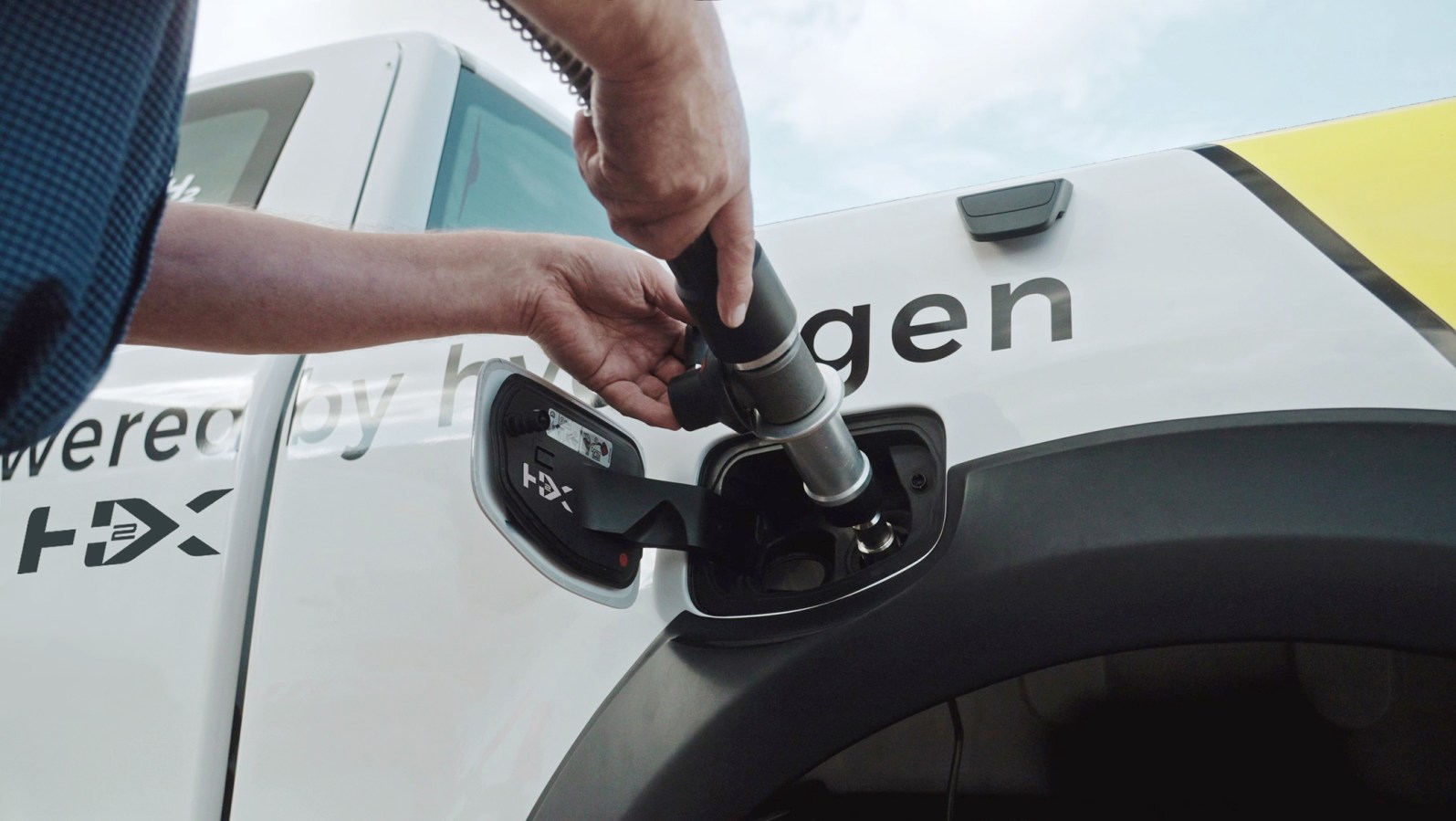New York-based Jones just raised $10 million to expand its nicotine lozenge company in the stodgy, $3 billion smoking cessation market.

Hilary Dubin realized she was addicted to Juul, the nicotine vape that went viral and has since been blamed for hooking teens around the country, while she was at a California ski lodge in 2017. She was 22 at the time and Dubin and her boyfriend found a Juul laying on the floor. They picked it up, took a hit, and found that it still worked.
“We’re like, ‘Oh well, we didn’t buy it, we just happened to find it, and now it’s ours,’” says the 30-year-old Dubin. “[Looking back], it’s pretty embarrassing now.”
A few years later, Dubin’s childhood friend Caroline Vasquez Huber realized she had a Juul addiction after moving back home during the Covid pandemic in 2020. She was vaping all day and knew she had to quit.
“Within a few days, I was miserable,” says Huber, who is also 30.
Huber’s mother, a doctor, estimated that she was vaping about 40 cigarettes worth of nicotine a day. They went to the pharmacy, and she swapped her Juul for nicotine-laced mints. But the medical-looking royal blue bottles of nicotine lozenges embarrassed her.
“You pull out a Nicorette, and it looks like you have a disease,” says Huber. “I just found the product so shameful.”

After Huber walked Dubin through how to quit herself, they had an idea: launch a nicotine-replacement-therapy company—but make it cool. In the summer of 2022, the duo applied to an accelerator program at New York University and received a $10,000 grant. They won a pitch competition at the end of the course, earning $1.1 million in pre-seed funding from investors including Good Friends (started by the founders of Warby Parker, Allbirds and the razor company Harry’s) and started developing an app that uses cognitive behavioral therapy and positive encouragement to help people quit cigarettes, vapes and pouches that customers use in conjunction with nicotine lozenges. After a year of development, Jones, as their new venture was named, launched in November 2023 and raised a $3.9 million seed round from Founder Collective, Next View, and others.
This week, Jones announced it has closed a $10 million Series A round, which Forbes estimates values the company at around $45 million. The company will use the capital to develop new nicotine products, hire more employees and market the company. Jones generated $5 million in revenue last year and has a goal to reach $10 million in sales by the end of 2025.
The latest startup in the stodgy, highly regulated $3 billion (global annual sales) nicotine replacement therapy market, Jones does not manufacture its NRT lozenges—it buys them from a third-party, FDA-approved manufacturer. And, yes, they do come in those bright blue bottles, the same ones generic NRTs sold at Walgreens and CVS are packaged in. But Jones includes a stylish tin that users can put their mints in to make the experience more chic. The company, which says its customer base is 60% women and 40% men, is also collaborating with the Los Angeles jewelry brand Monbouquette to make a petite sterling silver lozenge box, which will sell for $295 and can also be used as a necklace. During New York Fashion Week, Jones passed out tins of its lozenges to models backstage during Jonathan Cohen, Kallmeyer, and Tanner Fletcher’s shows.
The brand is also trying to modernize the marketing and approach of existing NRTs. Jones is using the same approach Warby Parker did for eyeglasses and what Hims is doing for hair-loss treatments and erectile dysfunction drugs. Make buying nicotine, generic Viagra and glasses cool, easy and not embarrassing. However, there is a big difference between Jones and Hims—nicotine replacement therapy is an over-the-counter medicine, so customers do not need a prescription from a doctor.
The NRT market is currently dominated by large, multibillion-dollar pharmaceutical companies, like Johnson & Johnson, which makes the Nicorette brand of products, the GlaxoSmithKline spinoff Haleon Group and Perrigo. There are innovative solutions afoot, too: Virginia-based Qnovia is developing a nicotine nebulizer that it hopes to get approved by the FDA. But there are more than enough prospective quitters to go around. With 28 million smokers in America, cigarettes remain the leading cause of preventable death and disease in the United States—killing 480,000 people a year. Which means Jones is operating in a sizeable market that needs more solutions.
Jaclyn Freeman Hester, a partner at Foundry, which led Jones’ Series A round, says she was convinced to invest in the company because she believes Jones has disrupted the current market offerings and is reaching a customer base not being served by generic brands.
“Is this a big problem that matters? Yes, it’s a massive problem,” she says, explaining that most people who smoke or vape want to quit but are unsuccessful. “The simple concept is that smoking has modernized, and quitting hasn’t [until now].”
Jones has also built a culture defined by grace, the founders say, something people addicted to nicotine, and other drugs and substances for that matter, do not get enough while trying to quit. (Studies have found that a typical person addicted to cigarettes tries to quit unsuccessfully about 8 to 10 times.) The Jones app allows customers to pick specific goals—stop completely, or taper down your use.
“We are judgement-free,” says Huber. “Cut back, quit, do whatever you want. For Jones, if you slip up, that’s okay. We celebrate progress over perfection.”
And how have Jones’ founders faired in their attempts to quit? Well, they don’t vape anymore, but they still use their own product. “I love nicotine,” says Huber. “I use NRT every day.”
This article was originally published on forbes.com and all figures are in USD.
Look back on the week that was with hand-picked articles from Australia and around the world. Sign up to the Forbes Australia newsletter here or become a member here.


